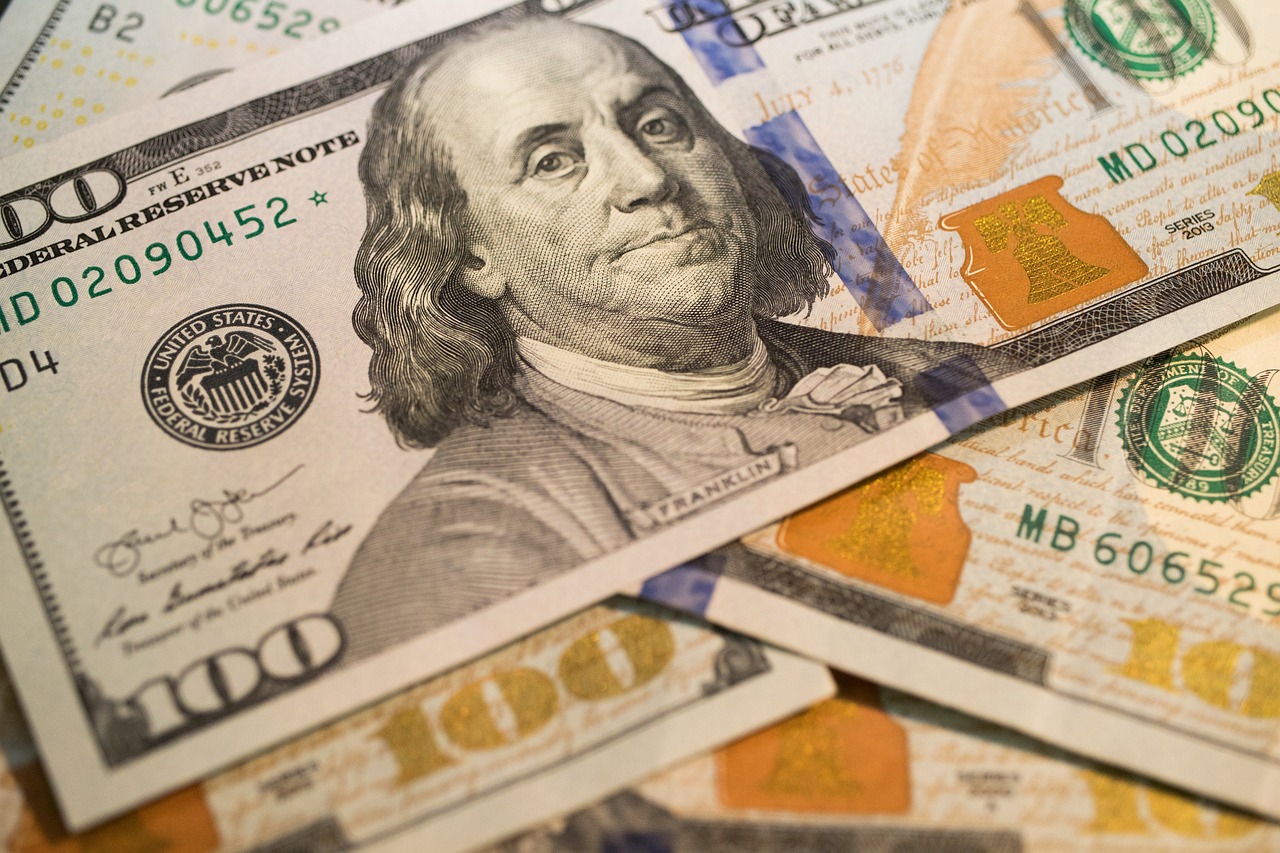Benjamin Franklin: The Polymath of the American Revolution
Benjamin Franklin, a true Renaissance man of the American Revolution, was a multifaceted individual whose impact reverberates through history. His remarkable abilities spanned various domains, from politics to science, literature to invention, leaving an indelible mark on the fabric of early America.

Early Life and Education
Benjamin Franklin, a true Renaissance man of the American Revolution, had a humble beginning that laid the groundwork for his extraordinary life. Born in Boston in 1706, Franklin's early years were marked by a thirst for knowledge and a drive for self-improvement. Despite receiving only two years of formal education, he was a voracious reader and a keen observer of the world around him. His insatiable curiosity led him to educate himself through books, practical experience, and interactions with intellectuals of his time.
Franklin's entrepreneurial spirit shone through even in his youth. At the age of 12, he apprenticed at his brother's printing press, where he honed his writing and printing skills. This early exposure to the world of publishing sparked his interest in literature and laid the foundation for his future endeavors as an author and journalist.
As a young man, Franklin moved to Philadelphia, where he continued his journey of self-improvement. He founded the Junto, a club for mutual improvement, where members gathered to discuss a wide range of topics and exchange ideas. This intellectual community provided Franklin with a platform to engage with diverse perspectives and expand his knowledge in various fields.
Despite facing setbacks and challenges along the way, Franklin's resilience and determination propelled him forward. His unwavering commitment to continuous learning and personal growth set him apart as a self-made man who defied the limitations of his circumstances.

Political Career and Diplomacy
Benjamin Franklin's political career and diplomatic endeavors were instrumental in shaping the course of the American Revolution and establishing the United States as a new nation. His strategic thinking and diplomatic skills played a crucial role in the success of the revolution and the subsequent formation of the country.
One of Franklin's most notable contributions was his involvement in the drafting of the Declaration of Independence in 1776. As one of the Founding Fathers, Franklin played a key role in articulating the principles of liberty, equality, and democracy that would define the new nation. His eloquence and persuasive abilities helped garner support for the revolutionary cause both domestically and internationally.
Furthermore, Franklin's diplomatic efforts were pivotal in securing crucial alliances with European powers during the Revolutionary War. As a diplomat in France, he negotiated the Treaty of Paris in 1783, which formally ended the conflict and recognized American independence. His diplomatic acumen and negotiation skills were essential in securing favorable terms for the fledgling nation.
In addition to his diplomatic achievements, Franklin also served as the first United States Ambassador to France, where he cultivated relationships with key figures in the French government and society. His charm, wit, and intellect endeared him to many, solidifying his reputation as a skilled diplomat and statesman.
Overall, Franklin's political career and diplomatic endeavors exemplify his commitment to the ideals of freedom, democracy, and independence. His contributions to the American Revolution and the establishment of the United States as a sovereign nation continue to be celebrated and studied to this day.

Scientific Contributions
Benjamin Franklin's scientific contributions were groundbreaking and revolutionary. His experiments with electricity not only paved the way for modern electrical understanding but also demonstrated his daring curiosity and innovative thinking. One of his most famous experiments involved flying a kite in a thunderstorm to prove the electrical nature of lightning. This bold act not only captured the imagination of his contemporaries but also laid the foundation for the invention of the lightning rod, a device that protects buildings from lightning strikes.
Moreover, Franklin's work in meteorology was ahead of its time. He developed the concept of weather patterns and mapped the Gulf Stream, significantly advancing the field of meteorology. His scientific endeavors were not just about discovery but also about practical applications. The invention of the Franklin stove, a more efficient heating device, showcased his commitment to improving everyday life through scientific innovation.
In addition to his practical inventions, Franklin's intellectual contributions to science were equally significant. His theories on the nature of electricity and his publication of "Experiments and Observations on Electricity" in 1751 were pivotal in shaping the understanding of electricity during that era. Franklin's scientific legacy continues to inspire generations of scientists and inventors, emphasizing the importance of curiosity, experimentation, and bold exploration in the pursuit of knowledge.

